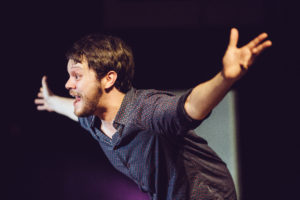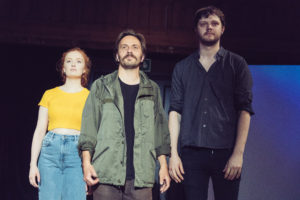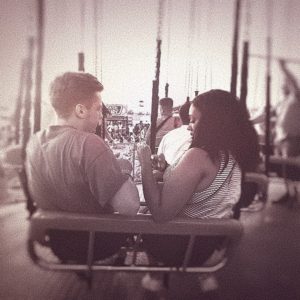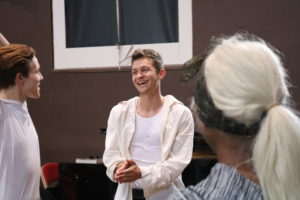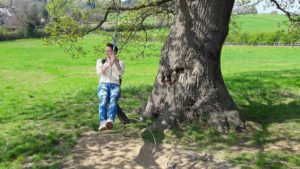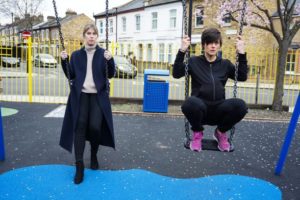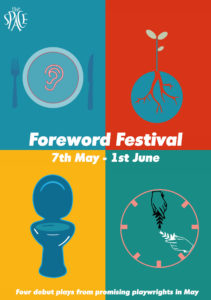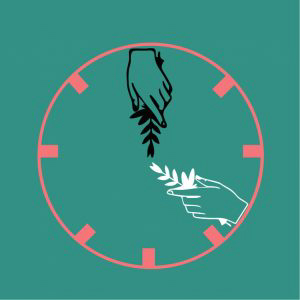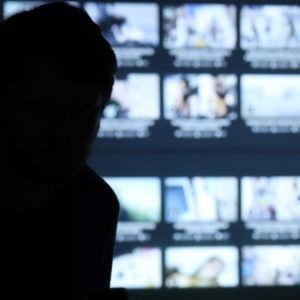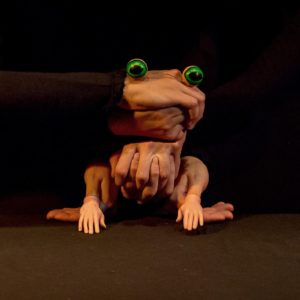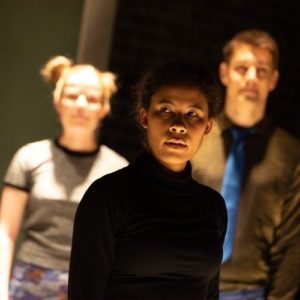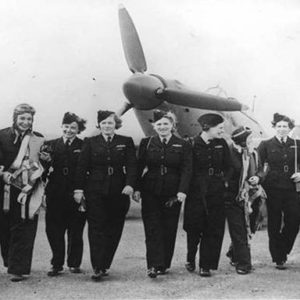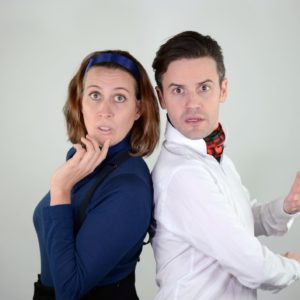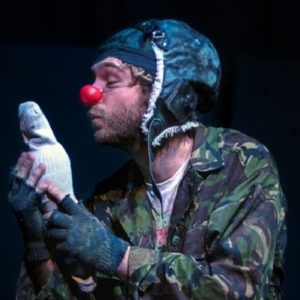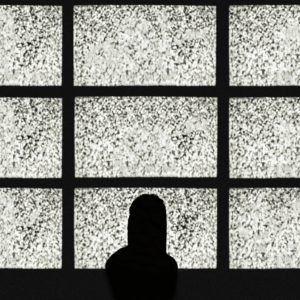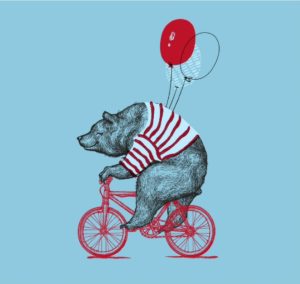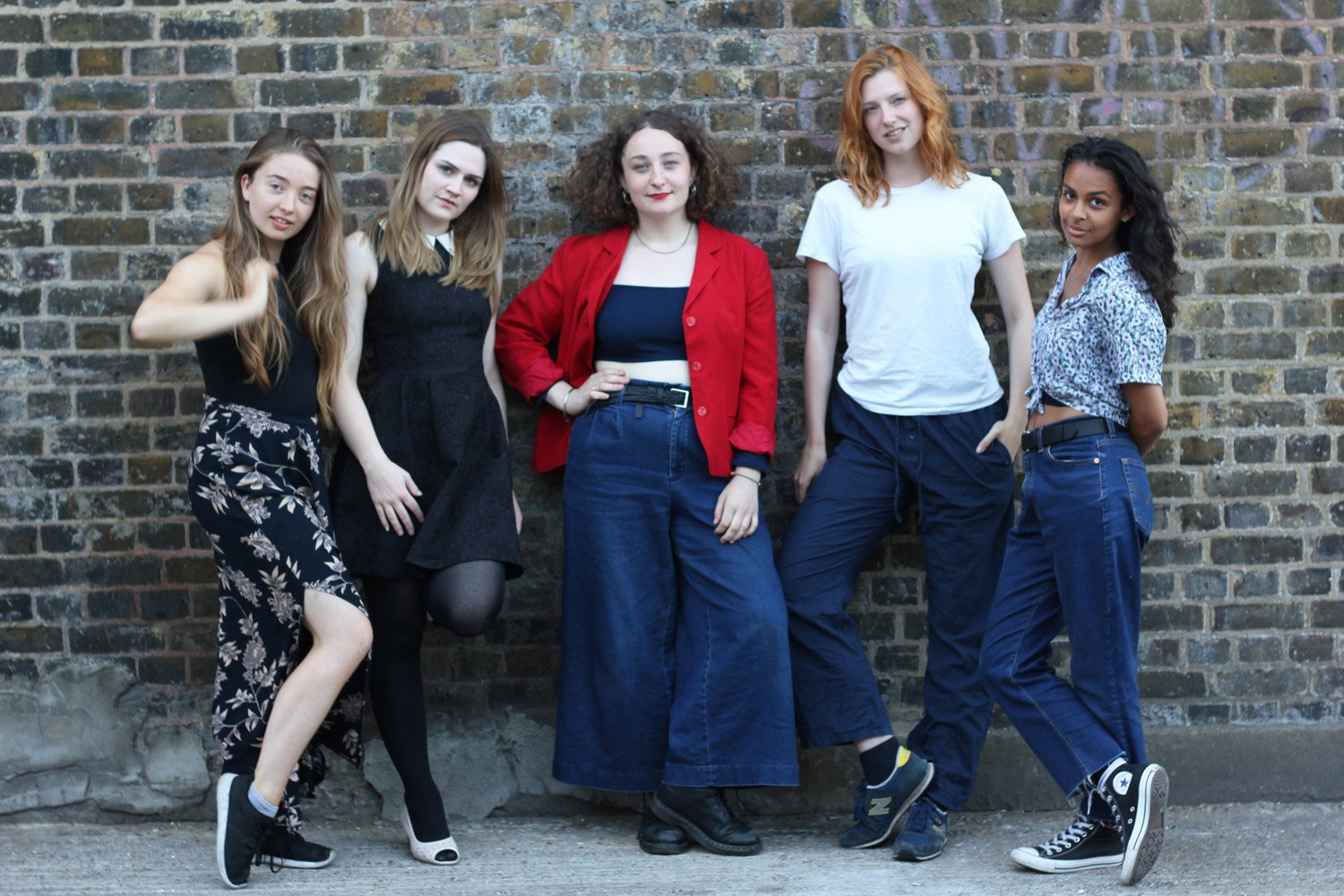We spoke to Therese Ramstedt and Zandile Darko about Fall Prettier, what inspired them to create a show about Medea, and their thoughts on the socially constructed female narratives…
Describe Fall Prettier in three words.
Sparkly. Humorous. Empowering.
What inspired you to create this show?
Therese: Zandile, haha! In all honesty though, conversations with each other. About how it is so often women who are the last ones to get to contribute to their own stories, which in turn led us to talk about how things might look if we had a perspective on a story so often told by men but entirely from a view point of women. But inspiration to make the show also came from the instinctive certainty that we could make something exciting together, it’s a bit like our collaboration itself inspired the creation of the show (with the risk of sounding a bit wanky!). It’s almost not relevant that this particular show happened to be rooted in Medea, because we would have linked any starting point back to topics that feel urgent to us.
Why Medea?
Zandile: As Therese said, it could really have been any ‘known’ story about women, but it’s Medea because we did our graduation piece at Rose Bruford, which also happened to be rooted in Medea. And, hey, Medea IS a great archetypal character! And whilst working on many versions of the myth, we realised that the way this character is often portrayed and talked about was not in line with our thoughts around Medea as a person. And then we took that much further, to a point where it’s actually not only about Medea anymore but about so much more.
The play focuses on women stepping out of the narratives society constructs for us and challenging those pre-conceptions. How do you achieve this?
Therese: Maybe we don’t! We have to see, ha! Hopefully the audience will feel that we do in some way, and hopefully we will feel ourselves that we do. Because the work has also become so much about the process and what we are going through as performers in the piece – which has been a very interesting way to work it.
Zandile: I agree. In a way our thought process around the piece is kind of the answer of how we challenge our pre-conceptions. If the audience will be challenged with us… well we have to find out.
Therese: We are basically asking ourselves the question “Why would I as a sane, powerful woman kill my own children?” And that is a starting point which is quite fascinating, as it leads us to uncover how much Medea’s particular story might have been influenced by the world she inhabited rather than some internal killer drive.
Zandile: But also, it’s not only about this question anymore. It’s about how much space can we take in this society and how our actions are influenced by the space that is assigned to us.
Therese: Exactly – and how are we contributing to that space, and are actually complicit with the pre-conceptions that we create.
Where did the name Fall Prettier come from?
Zandile and Therese : Easy question! For us. For you to know, you will just have to come and see the show to find out!
Both of you met at Bruford’s College through MA Actor/Performer Training program. What made decide to collaborate and create Wet Paint?
Zandile: So many things came together. I remember Therese being this strong performer with a very different background – singing, writing and directing – and I was super curious to learn more about her artistic language. And then I think for me it was crucial that I saw her solo piece Mission Abort and the conversations that followed.
Therese: I remember that as a pivotal moment as well. Where we kind of realized that we were very much on the same page with what we wanted theatre to achieve and what role we thought theatre could play in society. I remember being so inspired and feeling just in awe of your artistic language which is so rooted in movement and is very different to mine even though we align in so many ways. It’s also about celebrating each other’s languages and the fact that we are very different people and work in very different ways, but somehow we click when we work together and it’s really exciting!
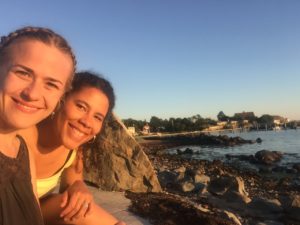
What do you want the audience to take away from this experience?
Zandile: We want audiences to be challenged and entertained at the same time. We share our thought process.
Therese: We want it to be an empowerment as well as a challenging, and a reflection of our own contribution to certain societal structures. If we embrace the fact that we are complicit and that we as individuals have the power to contribute to certain systems, then we also have the power to change it!
Zandile: The show is a humorous reflection on urgent topics which are normally not fun to talk about.
Therese: Yes, and by using the laughter, and fun, and music, and ridiculousness, we hope that we are making certain topics more accessible and not so far removed from daily discourse.
Zandile: Which is kind of sad, since we start off in a myth … and then finding that we are still dwelling in history, in the narratives that have been prescribed to woman and which haven’t massively changed since “Medea’s time”. We would have liked to portray in this piece that we have gone further, but this is how far we have got until now.
Do you have any advice for emerging theatre makers?
Zandile: Do it!
Therese: Keep making the work.
Zandile: Surround yourself with people who see you, who believe and support you and then; do it together.
Therese: Also be prepared to “fail”, always try. Work from a perspective that feels important to you. Not everybody will love everything you do, so all you can do is be true to yourself and create stuff that resonates with you.
Zandile: In the collaboration, make it uncomfortable for you and the people you are working with. Because ultimately the interesting stuff is happening when you leave the comfort zone and engage.
Therese: Remember why you are doing what you are doing. It’s about play and creation…
Zandile: … But don’t lose the urgency. Take feedback, but only “from people who are also out in the arena”, to use a Brené Brown quote. Surround yourself with people who are also daring to be out in the arena, so it’s challenging you in a good way.
Therese: I would argue you should take feedback from everyone who is willing to give it, but at the same time you need to know when to ask for it to make sure it is a good time in the process where you are able to take it on.
Zandile: This is one of the nice occasions where we disagree! Which leads me onto my next advice: don’t surround yourself only by people who think the same as you, that’s not bringing you any further, surround yourself with people with different perspectives.
Therese: Well, that I definitely do agree with!
Fall Prettier ends 30th June
